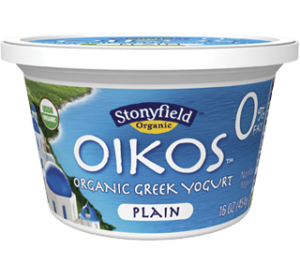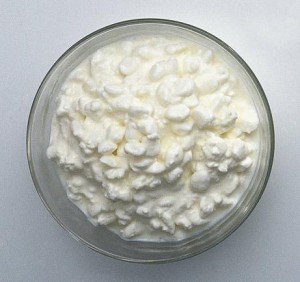You Asked, I Answered
Filed under: Nutrition
Before I get to the Q & A, I wanted to let everyone know that the move to Maine is going quite well. My wife and I are almost completely moved in, with only a few things left in CT (since I will still be there a few days this week). What I really wanted to mention though is the fact that we have moved literally next door to a phenomenal grocery store.
A brand new “Green” Hannaford opened there just over a year ago, and it is sweet. Here is a quick tidbit about it, and I promise to talk more about it later this week, as it is a monstrous step in the right direction for a conventional grocer.
“The Augusta store will be 44 percent more energy-efficient than a typical supermarket. Green features include geothermal heating and cooling, solar photovoltaic panels, high-efficiency refrigeration and energy-efficient lighting.
A green roof will provide insulation and help control storm water runoff. Throughout construction, we’re aiming to recycle 95 percent of the material from the site. This pilot store is part of a larger initiative to test green designs for future stores.”
Pretty cool stuff huh?
Anyway, onto the Q & A.
Question: Hi Brian,
I’m a big fan of the blog. I really enjoy your take on things, especially when you point out the nonsense that goes on with the FDA and other governing bodies and foods they allow companies to call “healthy” or “safe.” I had a question I was hoping you could clear up for me though. If you’ve addressed this in the past and I just missed it I apologize.
You’ve spoken a lot about the negative aspects of modern pasteurized dairy, but I notice you always list Greek yogurt as an alternative to cottage cheese. Seeing as Greek yogurt is made from pasteurized milk, what makes it any different? Does the presence of probiotics and perhaps the incubation process offset the damage done by pasteurization and the generally poor health of dairy cows?
I’d greatly appreciate your insight on the matter. I’ve been wondering about this for a while and I figured you were the guy to ask.
Answer: I don’t know if the probiotic cultures offset any of the problems with pasteurization (I doubt it), but they at least have tremendous other health benefits, and many health benefits have been associated with yogurt consumption in general. Ideally you would still consume yogurt from well treated cows, that are pasture-raised and grass-fed – like Stonyfield for example. The reason I suggest Greek yogurt in place of cottage cheese is that it has similar macronutrient profiles, while also providing the health benefits of the probiotics, (which can also off-set problems with casein).
In a totally ideal world our dairy would come from healthy, well-treated, pasture-raised grass-fed cows, be unpasteurized, be full-fat and maybe from cows other than Holsteins (since there is some preliminary [very preliminary] data showing their milk contains a problematic protein). Since this isn’t currently the case, you make the best you can of what is widely available, and Greek yogurt, while not perfect, is still a giant step up.
Check out my blog The Case Against Conventional Dairy to find out more .
.
Check out the BSP Training & Nutrition Newsletter!
You will get immediate access to:
- Weekly updates and exclusive content.
- The 20-page report "The Truth About Saturated Fat & Cholesterol."
- Become more awesome!
Posted on May 24th, 2010 by Brian St. Pierre
2 Comments





May 25th, 2010 at 7:07 am
Cool. I may run in to you at the grocery store. No real good gyms in the Augusta area though.
August 13th, 2011 at 11:17 am
I consider writing to be an art form. When I find a writer that can write quality content like this, I am amazed and delighted.